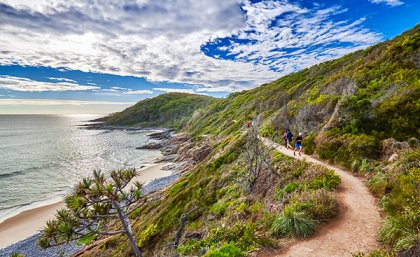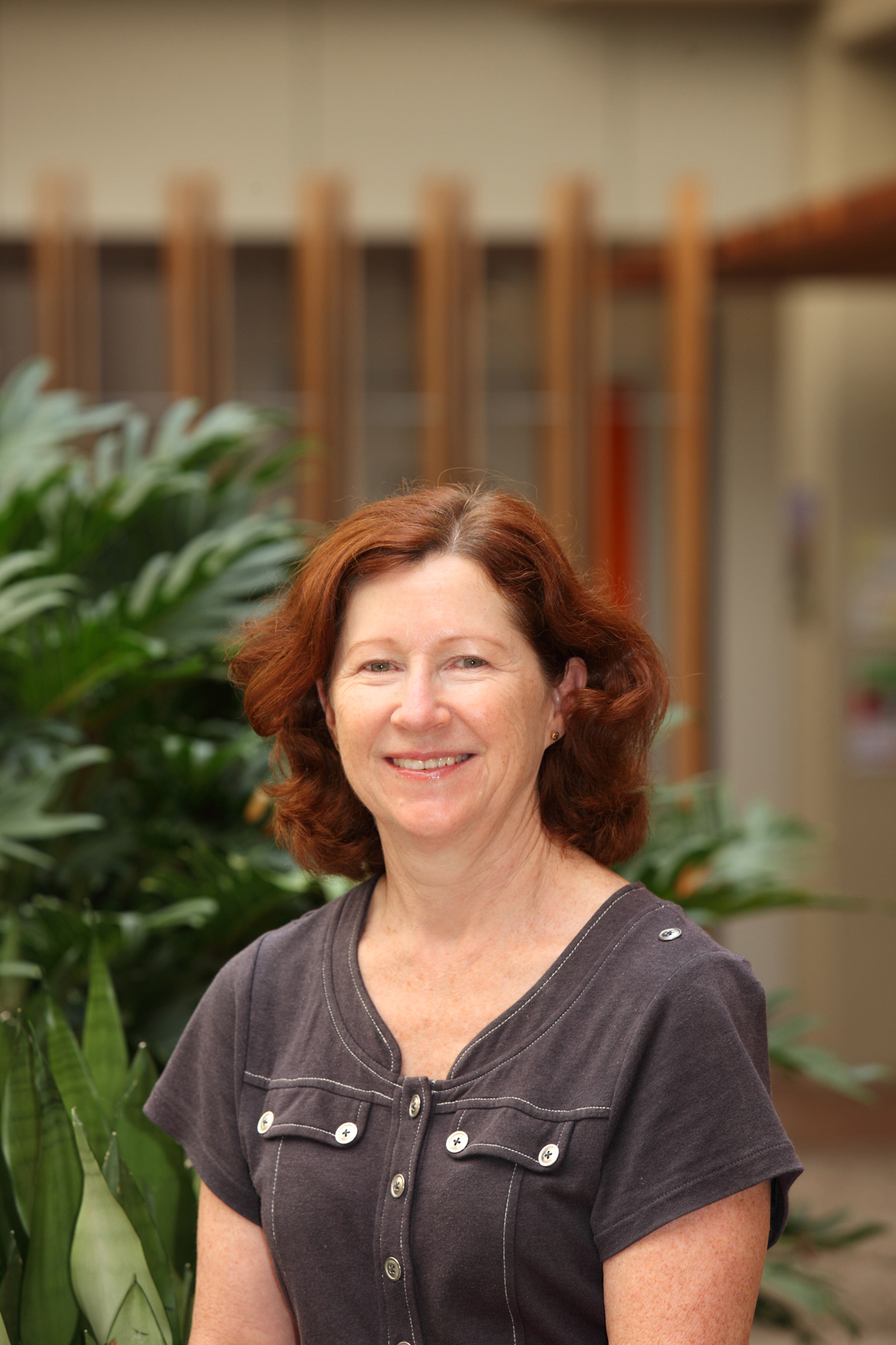
A University of Queensland report has revealed that visits to the state’s national parks generate $2.64 billion in spending annually and support thousands of jobs.
A collaboration with the Department of Environment and Science found tourists who planned their holiday around Queensland’s 312 national parks and 234 conservation parks made a significant contribution to the state’s economy.
The UQ Business School’s Dr Sally Driml and Associate Professor Richard Brown from UQ School of Economics, said while most visitors don’t pay anything to enter a national park, tourists who planned their time and regional spending around a park visit were of high value.
“Our survey of more than 1000 tourists visiting national parks indicates that a sizeable proportion of these domestic and international visitors consider national parks as very important attractions when planning a holiday,” Dr Driml said.
The survey also revealed tourists who visited a particular region to go to a national park, directly contributed $1.98 billion to Gross State Product, and helped support 17,240 jobs.
The research conducted from 2018 to 2020 was based on surveys of visitors to a cross-section of national parks including Noosa, Daintree, Carnarvon and several Outback national parks.
“In three of the four regions studied, 20 per cent of these visitors are unlikely to travel to Queensland at all if they were unable to visit a national park.”
 “The Outback attracted the highest percentage of tourists purely to visit a national park, and also had the longest stays,” Dr Driml said.
“The Outback attracted the highest percentage of tourists purely to visit a national park, and also had the longest stays,” Dr Driml said.
Data shows that approximately five million Australians and one million international tourists visited a Queensland national park in 2018.
“We calculated that for every dollar spent on national park visitor management, visitor spending produced $6.30 in value added and benefits to visitors in return – this doesn’t take into account conservation of ecosystem services and wellbeing for the millions of Australians who visit our parks each year,” Dr Brown said.
The researchers said the results were good news considering 2020 research data from UQ Business School found that Australians were keen to travel to coastal, country and regional areas, rather than cities.
“With the heavier reliance on domestic tourism under the COVID-19 travel constraints, our parks will be making an even greater economic contribution to many Queensland regions,” Dr Brown said.
Minister for Environment and the Great Barrier Reef Leeanne Enoch said it was important to deliver on Queensland’s plan for economic recovery with domestic tourism in national parks.
“I’d like to thank the University of Queensland for carrying out this valuable research which demonstrates just how important our national parks are to the Queensland economy.”
The full report is available via: http://www.uq.edu.au/economics/abstract/636.pdf.
Image above left: Dr Sally Driml
Media: Dr Sally Driml, s.driml@uq.edu.au, 0421 883 632: Associate Professor Richard Brown, richard.brown@uq.edu.au, 0423 130 841; Emma Pryor, Business School Communications, e.pryor@ business.uq.edu.au, 0421 772 888.
.jpg)












